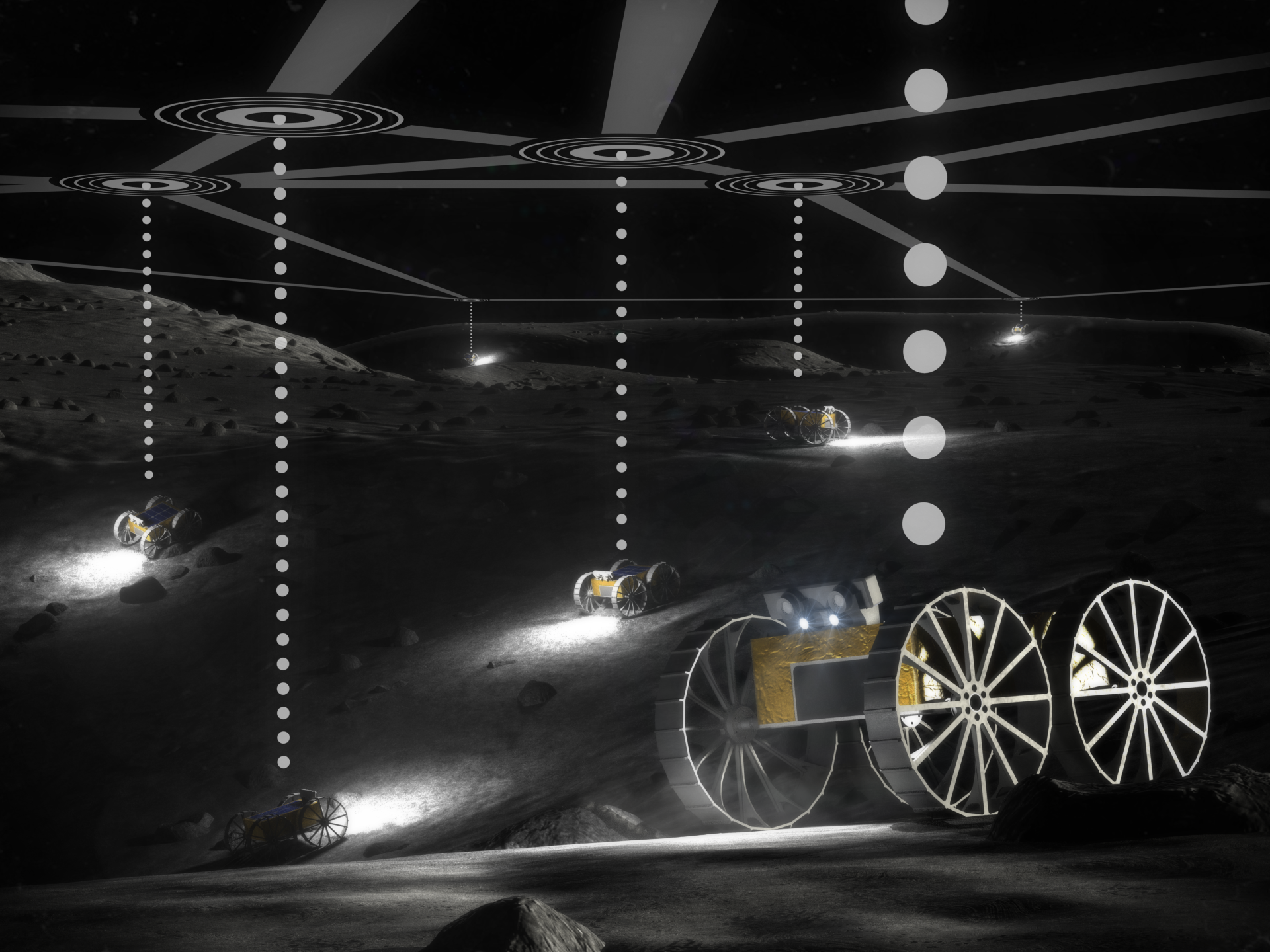NASA’s Small Business Technology Transfer (STTR) program has awarded $15 million to U.S. small businesses and research institutions to continue developing technologies in areas ranging from aeronautics to science and space exploration.
“NASA is proud to work with all the awarded small businesses and their partnering research institutions, bringing fresh ideas from the industry and labs across the country into the agency’s missions and commercial marketplace,” said Jenn Gustetic, director of early stage innovation and partnerships for NASA’s Space Technology Mission Directorate in Washington. “Teaming up with small businesses allows us to benefit from the diverse mindsets and skillsets that underpin our nation’s economy.”
NASA’s STTR program provides early-stage funding and other non-monetary support to small businesses, who must partner with a U.S. research institution on their proposals. In this round, 20 proposals from 19 companies have been chosen for Phase II awards. They are all NASA STTR Phase I recipients, originally selected in June 2020, that successfully established the feasibility of their technologies. As Phase II awardees, each small business team will now receive up to $750,000 to develop, demonstrate, and deliver their technologies to NASA over 24 months.
“STTR not only leverages the best and brightest from the small businesses working in space and aeronautics, but also taps into the expertise of students and professors that are immersed in daily research,” said Jason L. Kessler, program executive for NASA’s Small Business Innovation Research (SBIR) and STTR programs at the agency’s headquarters in Washington. “It is incredible to witness the partnerships formed as they strive to reach not only our shared technology objectives, but to help our country grow and lead.”
Among the awardees are three Women-Owned Small Businesses and one Veteran-Owned Small Business, as well as two businesses partnering with Minority Serving Institutions. Six of the small businesses are first-time Phase II awardees. Meet a few of the awarded companies below and see the full list of recipients here.
Interstel Technologies, Inc., a small business based in Ewa Beach, Hawaii, partners with University of Hawaii at Manoa, an Alaska Native-Serving and Native Hawaiian-Serving (ANNH) institution. With their Phase II award, Interstel is planning to develop a scalable system to coordinate, control, and guide large swarms of vehicles, such as satellites, aerial drones, or rovers, that could survey and explore the surface of the Moon or Mars with lower costs and shorter development time compared to large and costly monolithic satellites. The technology also has applications here on Earth, like finding forest fires or volcanic eruptions more quickly.
The awarded technology was initially developed at the University of Hawaii at Manoa under another NASA partnership. The university saw the commercial potential for this product and, in 2014, they asked the developers to join a university accelerator program for starting and growing entrepreneurial companies; the result was Interstel. For their STTR award, the Interstel teamed with an assistant professor from the university, who is an expert in autonomous robot swarms – the missing element needed for their STTR project, according to the small business.
AdvR, Inc., a small business located in Bozeman, Montana that has been working with the NASA STTR program for nearly two decades, was chosen for two Phase II awards this year with two different partners. With the University of Illinois at Urbana-Champaign, AdvR will use its Phase II award to meet some of NASA’s quantum sensing and measurement needs, creating a bi-photon source that could be used in astrophysics missions, as well as in quantum networks, space-based navigation, quantum communications, and more.
A qualifying research institution partner is not just a four-year college or university; it can also be a nonprofit research organization or federally funded R&D center (FFRDC). As such, AdvR is continuing its partnership with a Lexington, Massachusetts, based FFRDC – MIT Lincoln Laboratory – on its other Phase II award to develop a quantum communications device that has shown potential to be used in the deployment of space-to-ground links and future construction of a global quantum network.
A Women-Owned Small Business, SPEC Innovations, is also among the awardees. Based in Manassas, Virginia, SPEC will work alongside George Mason University in Fairfax, Virginia, on their Phase II award to develop and demonstrate the application of their software that converts standard operating procedures into process models through artificial intelligence for use in digital assistants and could be put to use in NASA’s aviation safety programs.
George Mason University has been using an existing SPEC Innovations technology in the classroom, which prompted one of the university’s professors to bring the STTR opportunity to SPEC’s attention; their Phase I award for this innovation marked the first time SPEC had applied for and won a NASA STTR. During their Phase II period, SPEC Innovations will further develop their digital assistant technology, which has already caught the attention of other commercial organizations.
The NASA STTR program is open to small businesses partnering with U.S. research institutions to develop an innovation or technology. The program is part of NASA’s Space Technology Mission Directorate and is managed by NASA’s Ames Research Center in Silicon Valley.
The 2022 NASA SBIR and STTR Phase I solicitations are open to small businesses and research institutions through March 9, 2022. Learn more about the SBIR/STTR program and submit to the solicitations at:
By Kimberly Augone
NASA SBIR/STTR Program
Media contact: Sarah Frazier
Headquarters, Washington


























